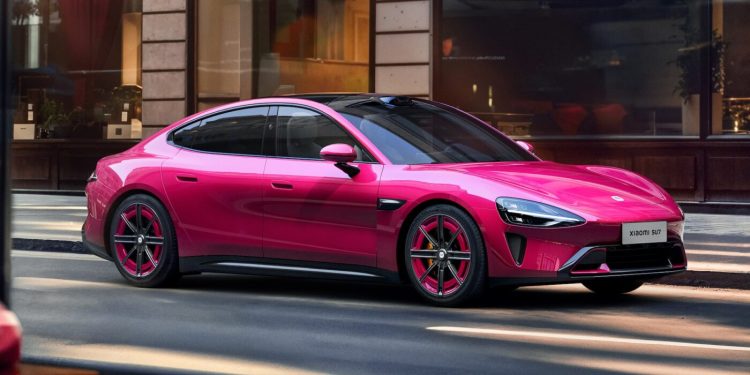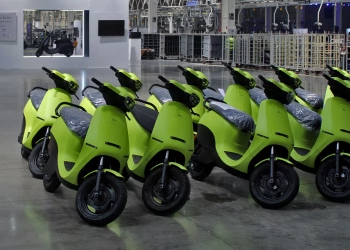Xiaomi’s electric vehicle and artificial intelligence business unit reached profitability just 19 months after launching its first electric saloon, the SU7. In Q3, the division generated 28.3 billion yuan from electric car sales, out of total revenue of 29.0 billion yuan. This result marks a 199% increase compared to Q3 2024 and a 36% rise from Q2 2025. Additionally, the unit reported an EBIT of 700 million yuan for the same period.
Xiaomi credits its success primarily to increased vehicle deliveries and a higher average selling price. For instance, sales grew by 33.8% in Q3, from 81,302 units in Q2 2025 to 108,796 units. Moreover, compared to the previous year, sales rose by an impressive 173.4%, from 39,790 units in Q3 2024. The average selling price (ASP) increased by 9%, from 238,650 yuan to 260,053 yuan (around 29,080 to 31,690 euros). This rise is mainly due to the strong performance of the YU7 series, which commands a higher price.
Furthermore, the YU7 series became the best-selling SUV in mainland China in October 2025. This achievement was partly due to Xiaomi’s expanding sales and service network. By September 30, the company operated 402 sales centers in 119 cities and 209 service centers in 125 cities across China. As a result, Xiaomi’s market presence has grown significantly, contributing to the overall success of the YU7 series.
Xiaomi’s gross profit margin in the electric vehicle division rose to 25.5% in Q3 2025, compared to 17.1% in Q3 2024. The company attributes this increase to lower component costs, reduced manufacturing costs, and the launch of the Xiaomi SU7 Ultra in March 2025. These factors, along with better margins from related businesses, helped boost profitability. As a result, the electric vehicle unit now accounts for 25% of Xiaomi’s total revenue, up from 18% in Q2 2025.
During a recent conference call, Xiaomi CEO Lei Jun updated analysts on the company’s sales targets. Xiaomi is on track to exceed its original goal of delivering 350,000 electric vehicles in 2025. In fact, the company now expects to deliver over 400,000 cars by year-end. Including vehicles produced in 2024, Xiaomi has manufactured approximately 500,000 electric cars.
However, Xiaomi faces several challenges moving forward. A global shortage of memory chips is expected to drive up costs for both its smartphone and electric vehicle divisions. Additionally, the phase-out of China’s EV tax breaks could reduce demand for electric vehicles. As a result, these challenges have already impacted Xiaomi’s stock price, according to Bloomberg.











